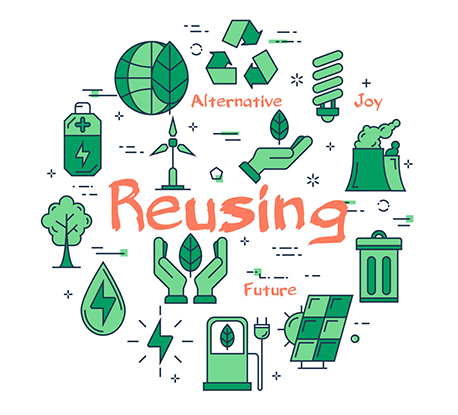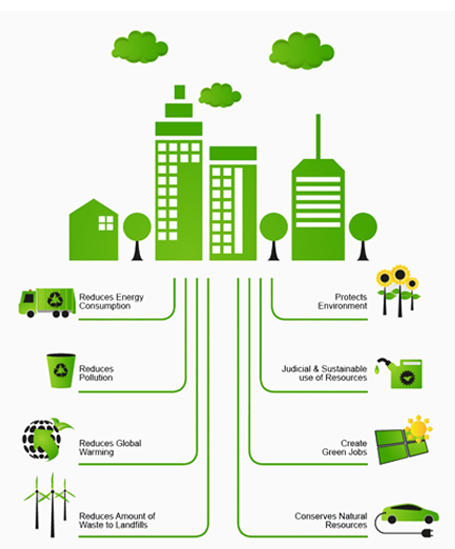Why Recycle?
The chemical structure of cooking oil changes during cooking. The more it is re-used, the more the structure changes. What started as a perfectly safe product, now becomes dangerous and carcinogenic, meaning that it can cause cancer and other diseases.
Pouring used cooking oil (UCO) down your kitchen sink is not a solution. It clogs up your drain pipes and system and it introduces harmful chemicals into the municipal effluent system.
Selling UCO on to other people to re-use is illegal simply because it is dangerous to our health!
Dumping it in a container in your refuse bag is also not a solution. This means a product that can be recycled goes to waste and contributes to another landfill site. Landfill sites take up unnecessary land, especially so when recyclable waste is dumped. Most waste materials going to landfill can be recycled anyway, such as used cooking oil.
By making you UCO available for producing biodiesel means that:
- A waste product is kept out of a landfill site.
- Poor people do not get exposed to an unhealthy product.
- Carbon emissions is lowered due to the use of a clean fuel.
- You are actively contributing to a smaller carbon footprint.


Tips
Collecting your used cooking oil
If you think your cooking oil is at the end of its life, pour it into any plastic or glass container (make sure it is cooled down!). When your container is full we will collect it from you so you don’t have to worry about disposing of it. You will play a vital part in contributing to conservation.
Do not mix your vegetable oil with other waste products such as animal fat, or pieces of chicken. It must be free from solids and must not be mixed with water. These will contaminate your used cooking oil and we will not be able to use it for the production of biodiesel.
Extend the lifespan of your cooking oil
- Fry your food at the correct temperature.
- Make sure frozen foods have no ice particles on them prior to frying. Water has a negative effect on frying and may cause the heated oil to spatter.
- During frying, remove floating pieces of food. This prevents your oil from discoloring and also prevents the formation of unhealthy carbons.
- Don’t leave your oil on a hot stove plate after frying as this will shorten the lifespan of your oil.
- After frying, filter your oil while it is warm - not hot! The heat causes food particles to be suspended in the oil and makes for easy removal.
- Keep your used cooking oil in a closed container.
- Make sure you follow our guidelines to determine if your oil is still safe to use or not.
copyright © 2019 Kinetic UAE. all right reserved.


